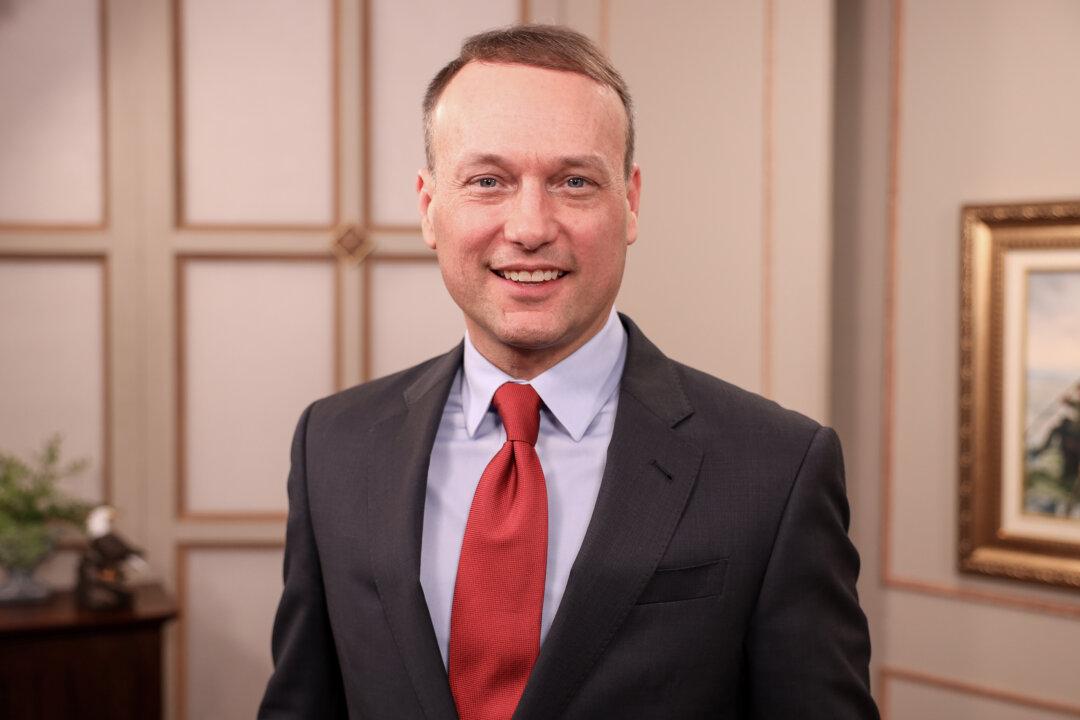“At OpenTheBooks.com, we have a simple mission,” Adam Andrzejewski said. “It’s Every Dime, Online, in Real Time. Our vision is to post online every dime taxed and spent at every level of government across the country.”
In a recent episode of “American Thought Leaders,” host Jan Jekielek sits down with Adam Andrzejewski, CEO and founder of the government watchdog organization OpenTheBooks.com, to discuss government spending. In particular, they look at Dr. Anthony Fauci’s contract and financials—he earns more than the president of the United States—including Fauci’s hidden contract with the government and the reluctance of his employer, the National Institutes of Health, to disclose the earnings of its scientists, who receive royalties from third parties, such as pharmaceutical companies, for co-inventions.






